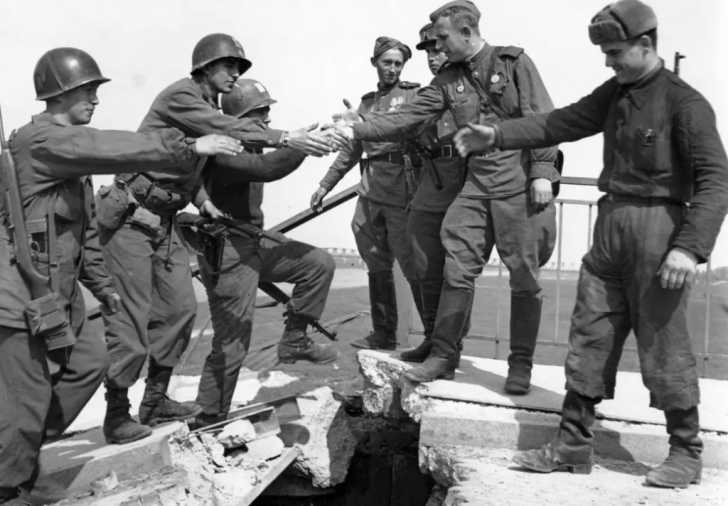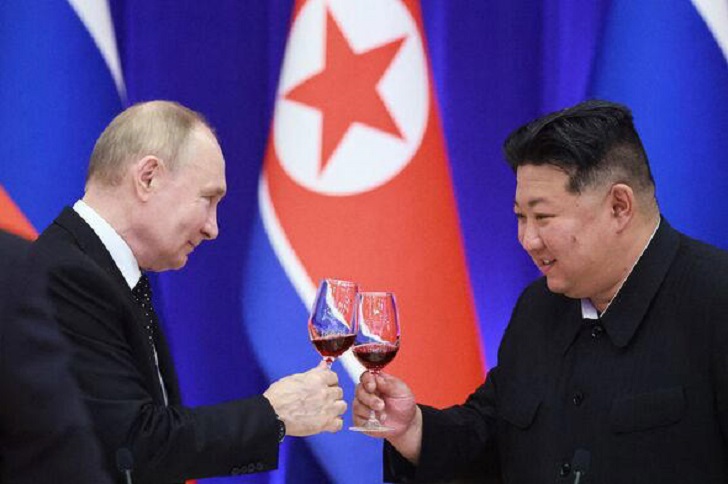Russian relations with North Korea have evolved significantly, marking a surprising turn towards a more normalized and cooperative interaction. This shift comes after a rather exceptional 30-year period of strained ties and diplomatic complexities. Russian President Vladimir Putin’s recent visit to North Korea has drawn considerable attention, signaling a renewed commitment to bilateral relations.
Historical Context of Russian Relations with North Korea
Historically, Moscow and Pyongyang have shared a complex and fluctuating relationship. During the Cold War, the Soviet Union was one of North Korea’s principal allies, providing economic and military support.
However, the dissolution of the Soviet Union and the subsequent establishment of diplomatic relations between South Korea and Russia marked the beginning of an exceptional period. During this time, North Korea’s attempts to engage with the United States and Japan largely faltered, leaving Pyongyang increasingly isolated.

Renewed Diplomatic Engagement
The recent resurgence in Russian-North Korean interactions can be attributed to several geopolitical factors. Notably, North Korea’s vocal support for Russia’s invasion of Ukraine has positioned it alongside nations like Syria, Belarus, and Nicaragua. In response, Putin has implicitly acknowledged North Korea’s nuclear status, reflecting a strategic alignment that harks back to earlier periods of close cooperation.
This renewed engagement has not gone unnoticed by international observers. Analysts in South Korea and the United States have expressed concerns about the implications of this partnership. Some view it as one of the most significant threats to U.S. interests since the Korean War, highlighting the potential for increased regional instability.
The Role of Sanctions and International Pressure
Sanctions have long been a tool employed by the international community to curb North Korea’s nuclear ambitions. However, the effectiveness of these sanctions is increasingly being questioned. Despite multiple rounds of sanctions, North Korea has continued to advance its nuclear program, leading some experts to argue that these measures have failed to achieve their intended goals.
In this context, Russia’s recent refusal to renew the mandate of the United Nations Panel of Experts on North Korean sanctions is noteworthy. This decision can be seen as part of a broader strategy to support North Korea in exchange for its backing in Russia’s geopolitical endeavors, particularly the conflict in Ukraine.
The Impact of Regional DynamicsRussian relations with North Korea.
The evolving Russian-North Korean relationship must be viewed within the broader framework of regional dynamics. The Korean Peninsula has long been a focal point of international tension, with various powers vying for influence. As North Korea deepens its ties with Russia, the United States and South Korea are challenged to adapt their strategies.

Since 2019, tensions on the Korean Peninsula have escalated. Communication channels have been severed, and military agreements have been abandoned. In parallel, unprecedented military cooperation between Japan, South Korea, and the United States has intensified. This dual escalation creates a precarious situation where any misstep could lead to a significant conflict.
The Need for Strategic Reflection
Amid this volatile environment, it is crucial for all parties involved to reflect on past policies and their outcomes. The missed opportunities for peaceful engagement, particularly in 2000 and 2019, should serve as lessons for future diplomatic efforts. Recognizing the limitations of sanctions and the need for a more nuanced approach to North Korea is essential.
Additionally, the rhetoric surrounding North Korea and its actions must be carefully considered. Escalating tensions through inflammatory statements or military posturing only reinforces Pyongyang’s narrative of external threats. Instead, a focus on de-escalation and strategic patience is needed to navigate the complex dynamics of the region.





